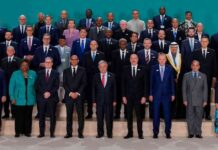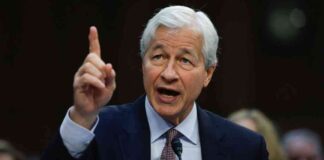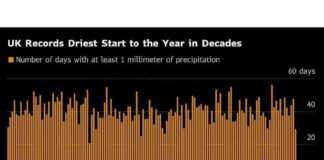Turkey recently denied Israeli President Isaac Herzog’s plane permission to fly through its airspace to attend the COP29 climate summit in Azerbaijan. This decision came as tensions rose over Israel’s military actions in Gaza and Lebanon. As a result, Herzog decided not to attend the summit, citing security concerns. However, Israel’s ministers of environmental protection, energy, and transportation are still planning to participate in the event.
Diplomatic efforts to persuade Turkey to lift the flight ban on Herzog’s plane were unsuccessful. Turkish President Recep Tayyip Erdogan is expected to attend the Group of 20 summit in Brazil, where he may call for an arms embargo against Israel. This stance is a shift from previous attempts by Erdogan and Israeli Prime Minister Benjamin Netanyahu to improve relations and increase cooperation in areas like energy and trade.
The recent tensions between Turkey and Israel highlight the complex geopolitical dynamics in the region. Erdogan’s support for Hamas, a designated terrorist organization, and his calls for Israel to cease military actions against the group have strained relations between the two countries. The decision to deny Herzog’s plane access to Turkish airspace underscores the ongoing challenges in the Middle East.
As the situation continues to evolve, it is important for all parties involved to seek diplomatic solutions and prioritize dialogue to address the underlying issues. The COP29 climate summit serves as a crucial platform for global leaders to come together and discuss ways to combat climate change. Despite the challenges faced by individual countries, cooperation and collaboration are essential to addressing the pressing environmental issues that impact us all.






















